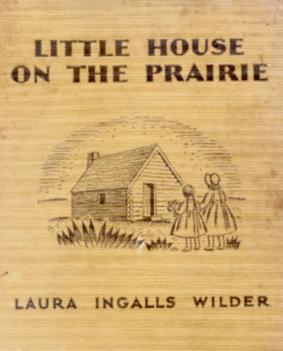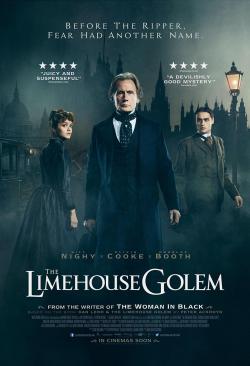For sheer enjoyment and pleasure in discovering 'new' forgotten artists,
True to Life: British Realist Painting in the 1920s and 1930s will be a strong contender for my favourite exhibition of the year. It's on in Edinburgh until the end of October and I'd love to go back for a second visit, though I don't suppose I'll get the chance. But summer exhibitions at the Scottish National Gallery of Modern Art are invariably my cup of tea and well worth the cost of a cheap flight. (Why are cheap flights always so much cheaper than the train?) Anyway, this time I was on my way up to Aberdeen, so it worked very well as I was able to cadge a lift north that same evening. (I still feel sad that I never got to taste the spinach and hazelnut cake in the gallery cafe, as
recommended by Cornflower.)
 |
| The Cruise, Mary Adshead, 1934 |
I meant to write this up weeks ago but I've just found my scribbled pencil notes on the back of my boarding pass, so before I lose it forever here's some of my favourites, in no particular order.
Mary Adshead's cruise looked as if it might have been rather earnest with lots of educational lectures. Definitely not a booze cruise ... look at that blue and white tea set. I love the young girl stubbing out her ciggie - and those dressing gowns!
 |
| The Family, Bernard Fleetwood-Walker, 1932 |
My first thought was that The Family could be the cover for a Persephone Classic, maybe by Monica Dickens or Richmal Crompton. I'd never heard of the artist - but then I realised why
his style looked kind of familiar.
 |
| Adoration of Old Men, Staney Spencer, 1937 |
This made me laugh. In your dreams, Stanley. But I do like that rainbow scarf. Stanley is always very good on knitwear. (Click on the image for a better view.)
 |
| The Day War Broke Out, Mom, 1939, Victor Hume Moody |
I loved this. The title says it all ... the trepidation in her eyes, chin up, the hint of half-mourning for another war that seemed like yesterday ...
 |
| WhyWar? Charles Spencelayh, 1938 |
This is an old favourite. The Daily Sketch headline reads 'Premier Flying to Hitler.' You can see it better
here.
 |
| Children in the Country, Bernard Fleetwood-Walker, 1942 |
Maurice, Beryl and Amy missing their mum.
 |
| Walter Rankin, Local Defence Volunteer, William Oliphant Hutchison, 1940 |
Dad's Army. Fighting on mugs on tea. This one was a retired newsagent.
 |
| Hiking, 1936, James Walker Tucker |
Here's another old favourite. Just look at those polished shoes!
 |
The Fried Fish Shop, Clifford Rowe, 1936
|
I'd sooner a mug of chip shop tea than any dainty afternoon tea cup. But I think I prefer
this painting from the Tate. You can smell the vinegar.
 |
| Selling the Daily Worker, Charles Branson, 1937 |
The apron caught my eye - but I think it's just a poster tucked under her belt.
Well, I did warn you they were in no particular order. I could have spent hours and hours in this exhibition. I did spend hours and hours! I'll try and put some more up later in the week.





















